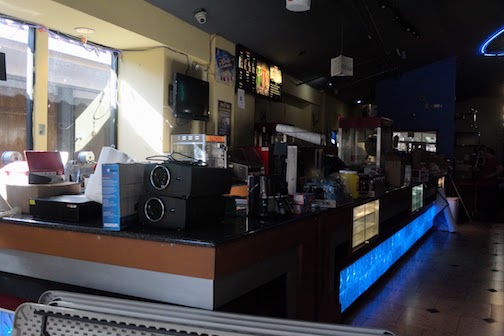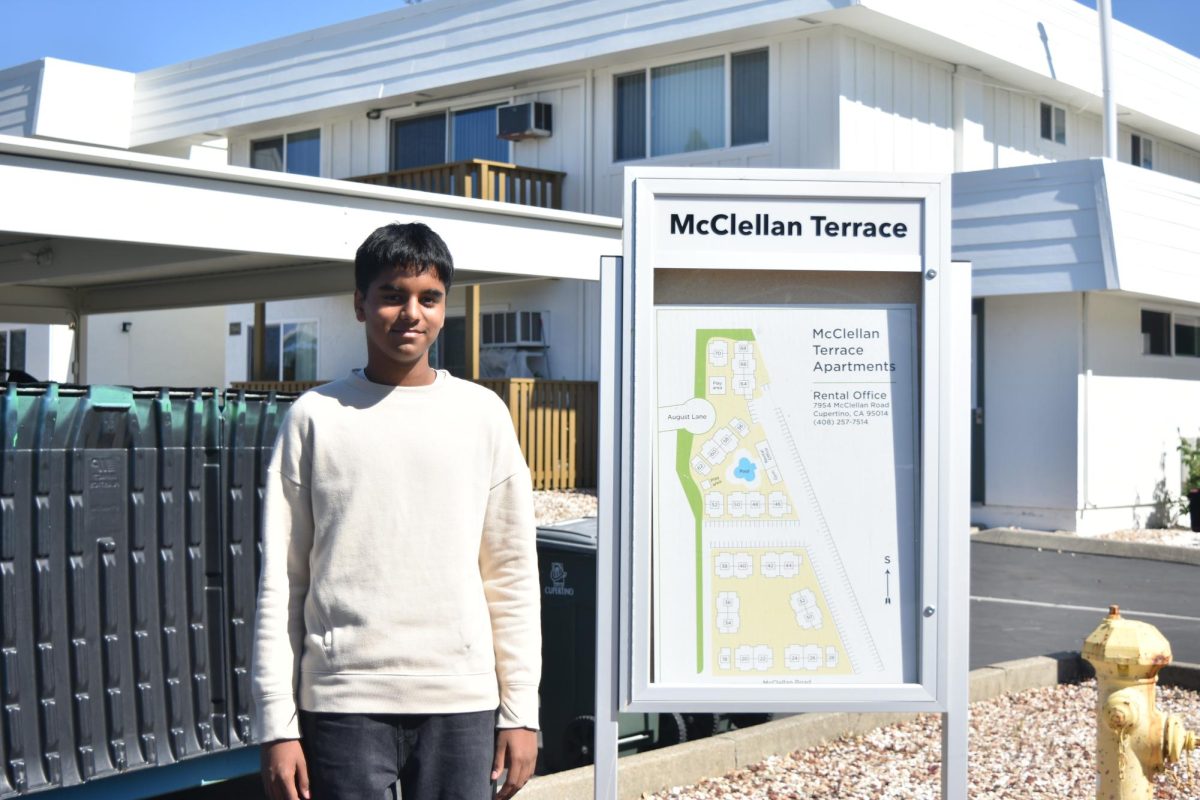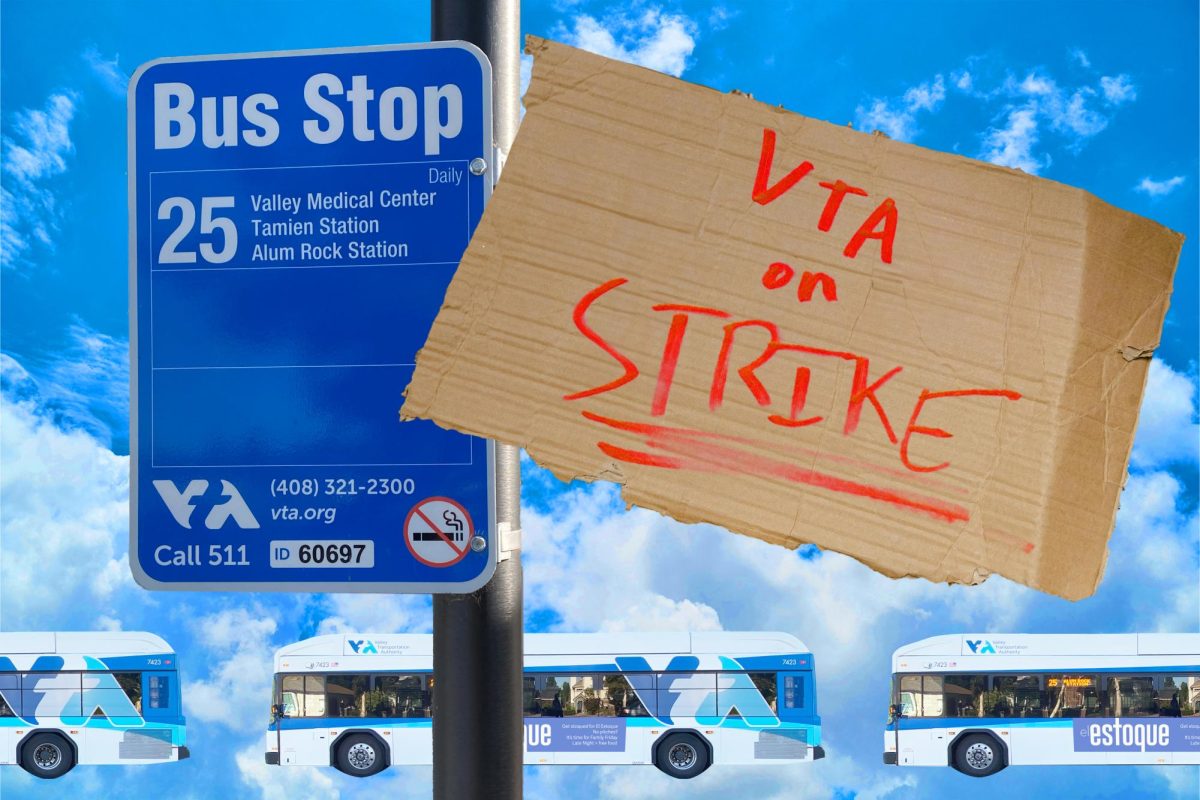When Art Cohen bought Bluelight Cinemas in 2009, he knew he was in for a lot of work. The movie theater, which had opened in the 1970s, had gone through several owners before it closed down for the first time in 2001and remained closed until 2009. It was then that Cohen, a former tech industry worker, decided to buy the movie theater.
By the time Cohen and his family obtained ownership, the theater had been in disrepair due to the eight-year lapse but he worked to restore the movie theater, installing new projectors and seats.
“We opened up a different type of theater,” Cohen said. “It was community-based, it was designed for students. We kept our prices much more reasonable than other first run theaters like AMC and we did other special programs.”
Organizations such as the Cupertino Library Foundation would host weekly film series for senior citizens, and according to Cohen, local schools used the theater as a field trip for students. The movie theater also served as a sort of cultural center, playing Indian films and holding Indian film festivals as well as partnering with the San Francisco Chinese Consulate to present a Chinese movie night every week.
Community member Bob Ng said he understands why there would be a decrease in visitors to the movie theater, and he believes that this is part of a larger trend of smaller movie theaters closing down, something he finds unfortunate.
“Bluelight had documentaries and all those little special movies that they show, which was really great,” Ng said. “And I think that niche is not going to be filled, even with the smaller theaters that are still around.”
For Cohen, the decision to close down the movie theater after eight years was primarily a financial one. When he had bought the theater, it was already in a state of disrepair, and despite his efforts to patch it up, the problems with the theater persisted.
“The operating expense were too high for us to continue,” Cohen said. “And that included rent, accommodation with the building’s [heating, ventilation and air conditioning] equipment, which was very very old, and so it constantly needed repair and to be replaced. Plus the roof kept leaking every winter. And it was only being patched and we needed a new roof, so the building was just in disrepair.”
Beyond the finances of the theater itself, Cohen feels that the Blue Oaks Plaza owners were also looking to replace the building and much of the complex with newer buildings to attract younger people.
For sophomore Aman Sidhu, who primarily visited the movie theater for convenience, it was the cheap price of the tickets and the convenient location that drew him to the theater. Still, Sidhu said he was not all that surprised that the theater eventually closed down.
“It seemed inevitable overall I guess I’m just surprised as it was [so] quick,” Sidhu said. “I would like for [something to take the place of Bluelight] to happen but it’s probably not going to happen.”
For Cohen, the movie theater provided a community center for watching movies, and gave moviegoers a more comfortable atmosphere, something he feels will be lost when the plaza is renovated
“The ownership is not interested in that. They’re interested in maximizing dollars,” Cohen said. “And I’m not going to say whether that’s right or wrong, I’m just saying what it is. That’s a fact. And the city and the community have to decide whether or not that’s what they want. And there is no right or wrong. It’s just about what you guys want.”
Community members Kristy Ward and Bob Durr echoed these sentiments. Though they visited the theater often enough when their children were younger and were still living at home, they found themselves visiting the plaza and the theater less after their children graduated from college.
Ward feels that recently there has been a shift from smaller businesses to larger ones along Stevens Creek Rd. And while that makes her sad, she recognizes that the change may not be all bad. As Bluelight Cinemas closes, Ward hopes that the business that follow will bring commerce and people to the city.
“The bottom line is our world’s changing faster than we can comprehend, I think. And it’s just part of life,” Durr said.
This change is something Cohen also sees in the community and he hopes that the younger generation will speak up for what they want as this change occurs.
“Local politics matters sometimes more than national politics, because that impacts you directly,” Cohen said. “You live here and this is your community. So what do you want here? […] I would love to know what young people would like to see.”
















